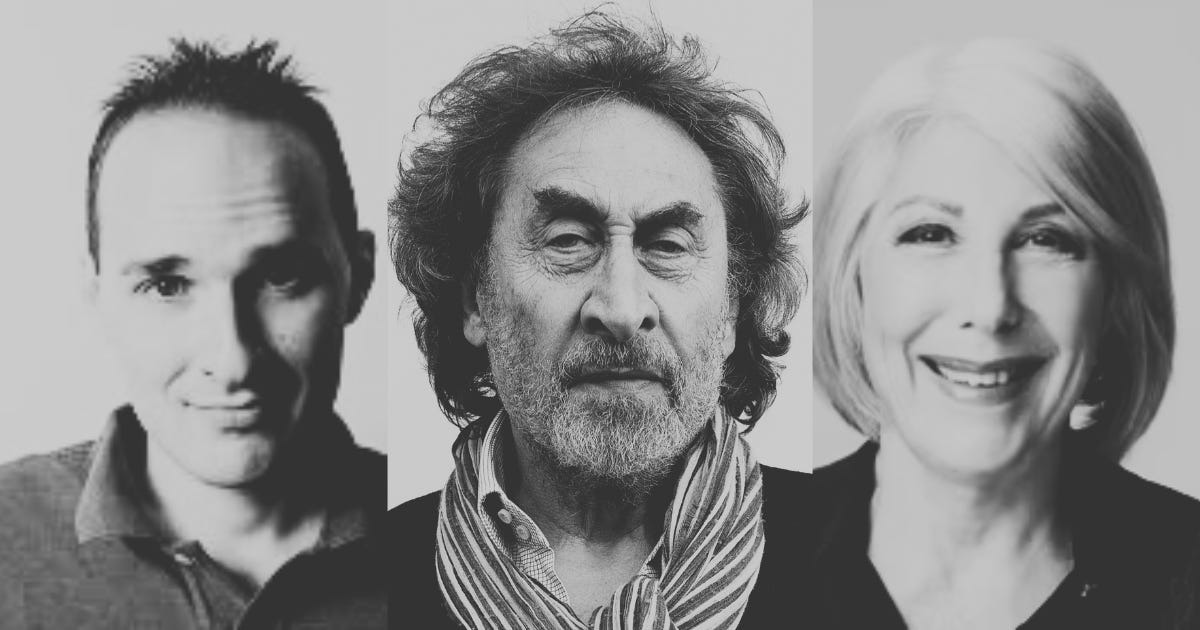I’d planned to write on war derangement last Thursday, but when the news dropped that Israeli soldiers had killed Hamas-leader Yahya Sinwar, I knew it was best to let the news cycle play out before touching this with a ten-foot pole.
My heart went out immediately, though, to the people who entertained a sincere hope that Sinwar’s death might actually lea…
Keep reading with a 7-day free trial
Subscribe to Better Worlds Theory to keep reading this post and get 7 days of free access to the full post archives.





